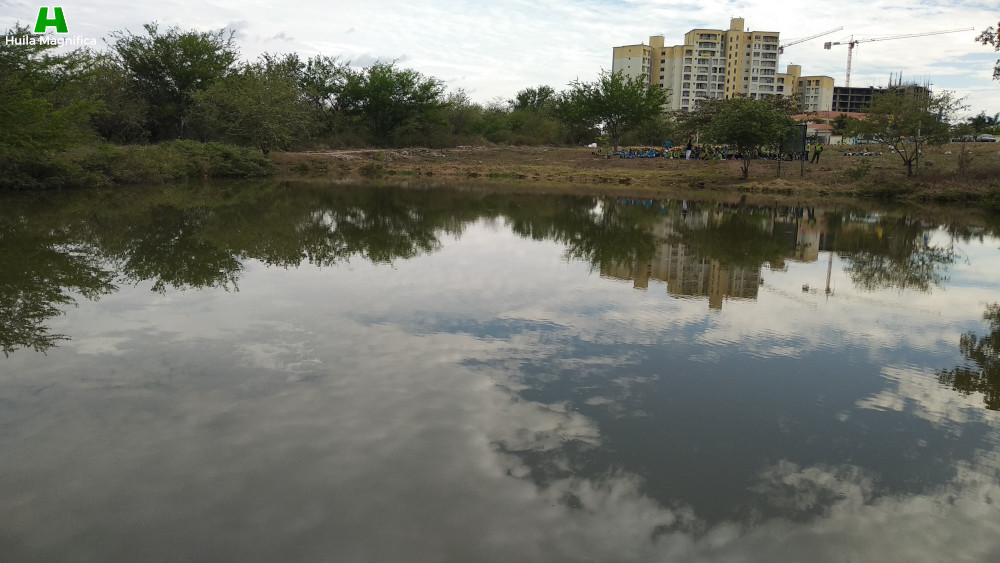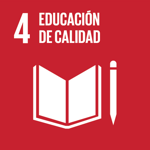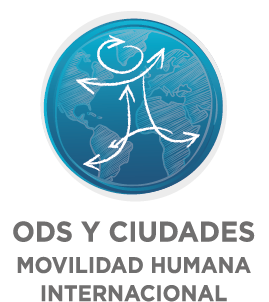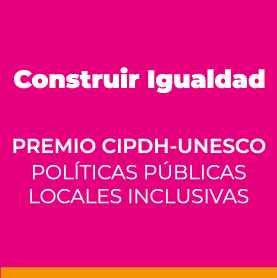
- Region
- Latin America and the Caribbean
- Range of Demographic Size
- 100,000 to 499,999 inhabitants (large intermediate)

4.1 By 2030, ensure that all girls and boys complete free, equitable and quality primary and secondary education which must be free, equitable and of quality and leading to relevant and effective learning outcomes.
4.2 By 2030, ensure that all girls and boys have access to quality early childhood development, care and pre-primary education so that they are ready for primary education.
4.3 By 2030, ensure equal access for all women and men to affordable and quality technical, vocational and tertiary education, including university.
4.4 By 2030, substantially increase the number of youth and adults who have relevant skills, including technical and professional skills, to access employment, decent jobs and entrepreneurship.
4.5 By 2030, eliminate gender disparities in education and ensure equal access to all levels of education and vocational training for the vulnerable, including persons with disabilities, indigenous peoples and children in vulnerable situations.
4.6 By 2030, ensure that all youth and at least a substantial proportion of adults, both men and women, achieve literacy and numeracy.
4.7 By 2030, ensure that all learners acquire the knowledge and skills needed to promote sustainable development, including, among others, through education for sustainable development and sustainable lifestyles, human rights, gender equality, promotion of a culture of peace and non-violence, global citizenship and appreciation of cultural diversity and of culture’s contribution to sustainable development, among other means.
4.a Build and upgrade education facilities that are child, disability and gender sensitive and provide safe, non-violent, inclusive and effective learning environments for all.
4.b By 2020, substantially expand globally the number of scholarships available to developing countries, in particular least developed countries, small island developing States and African countries, for enrolment in higher education, including vocational training and information and communications technology, technical, engineering and scientific programmes, in developed countries and other developing countries.
4.c By 2030, substantially increase the supply of qualified teachers, including through international cooperation for teacher training in developing countries, especially least developed countries and small island developing States.
Universal Declaration of Human Rights (UDHR).
International Covenant on Civil and Political Rights (ICCPR).
International Covenant on Economic, Social and Cultural Rights (ICESCR).
Summary
By means of this agreement, a public policy for the promotion, full guarantee, and effective enjoyment of rights by persons belonging to the LGBTI social sectors and persons of diverse sexual orientations and gender identities. Based on the recognition of their dignity and inalienability of their rights and liberties, this policy seeks to facilitate the conditions, resources, measures, and mechanisms that prompt the access, reinstatement, and promotion of their human and civil rights from gender and sexual orientation differential approaches.
Implementation Date:
Start: 07 / 19 / 2019
End: End: Currently in force
Communication and information channels, platforms and tools
Awareness and/or information campaigns
Instrumentos

4.1 By 2030, ensure that all girls and boys complete free, equitable and quality primary and secondary education which must be free, equitable and of quality and leading to relevant and effective learning outcomes.
4.2 By 2030, ensure that all girls and boys have access to quality early childhood development, care and pre-primary education so that they are ready for primary education.
4.3 By 2030, ensure equal access for all women and men to affordable and quality technical, vocational and tertiary education, including university.
4.4 By 2030, substantially increase the number of youth and adults who have relevant skills, including technical and professional skills, to access employment, decent jobs and entrepreneurship.
4.5 By 2030, eliminate gender disparities in education and ensure equal access to all levels of education and vocational training for the vulnerable, including persons with disabilities, indigenous peoples and children in vulnerable situations.
4.6 By 2030, ensure that all youth and at least a substantial proportion of adults, both men and women, achieve literacy and numeracy.
4.7 By 2030, ensure that all learners acquire the knowledge and skills needed to promote sustainable development, including, among others, through education for sustainable development and sustainable lifestyles, human rights, gender equality, promotion of a culture of peace and non-violence, global citizenship and appreciation of cultural diversity and of culture’s contribution to sustainable development, among other means.
4.a Build and upgrade education facilities that are child, disability and gender sensitive and provide safe, non-violent, inclusive and effective learning environments for all.
4.b By 2020, substantially expand globally the number of scholarships available to developing countries, in particular least developed countries, small island developing States and African countries, for enrolment in higher education, including vocational training and information and communications technology, technical, engineering and scientific programmes, in developed countries and other developing countries.
4.c By 2030, substantially increase the supply of qualified teachers, including through international cooperation for teacher training in developing countries, especially least developed countries and small island developing States.
Universal Declaration of Human Rights (UDHR).
International Covenant on Civil and Political Rights (ICCPR).
International Covenant on Economic, Social and Cultural Rights (ICESCR).
Location
- Region
- Latin America and the Caribbean
- Range of Demographic Size
- 100,000 to 499,999 inhabitants (large intermediate)
Contact details
- Email: ariel.mendez@alcaldianeiva.gov.co
- Web: https://www.alcaldianeiva.gov.co/Paginas/Inicio.aspx
- Telephone: +57 8 31328-21932
- Social network:



